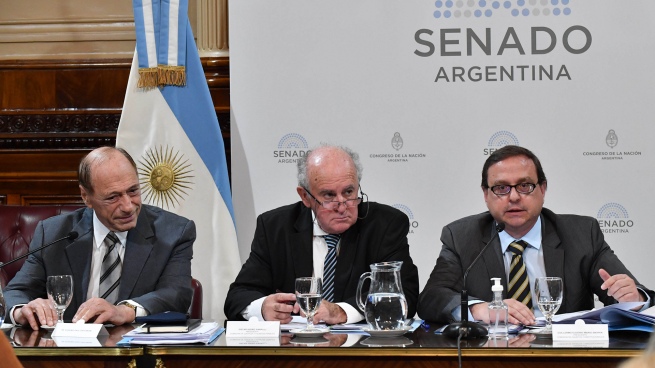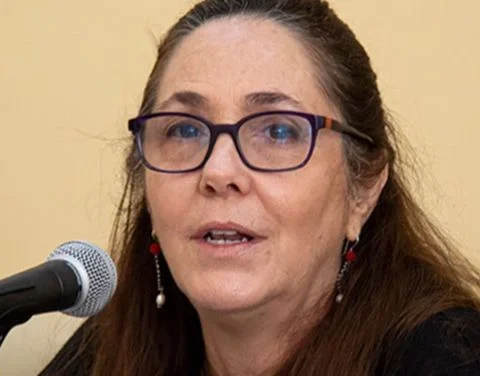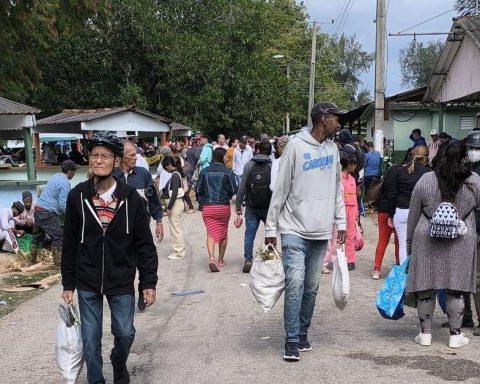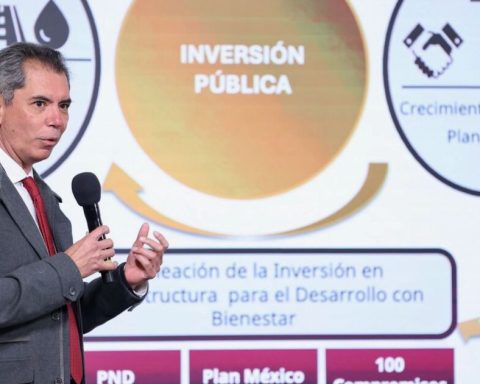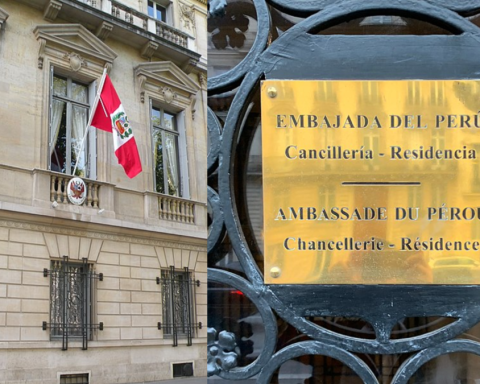By Reynaldo Marconi
Between 2015 and 2021, Bolivia has exported coffee at an annual average of US$9.1 million and has also imported an annual average of US$21.1 million, presenting a trade deficit of US$12 million per year. In the current context, coffee represents a case in which the import substitution policy is an option, since the country can produce quantities much larger than the current ones. In this process, there are several barriers to overcome and they correspond to production, processing and industrialization, marketing and consumption.
Bolivian coffee production is stagnant. The country’s cultivated area in coffee has stagnated in recent decades, since from 20,128 hectares (ha) in 2000, it increased to 25,551 ha in 2020, with an average annual growth rate of 1.3%. This rate is very low, despite the coffee program implemented in recent years. 96% of cultivated hectares are concentrated in La Paz, and the majority is in the municipality of Caranavi.
The International Coffee Organization (ICO) reveals statistics that show a decrease in the quantities produced. This situation of stagnation occurs despite the execution of the ‘Coffee Farming Investment Program’ of the sectoral ministry, of US$26.3 million for the 2018-2022 period. Its goals were 2,919 ha of new coffee plantations, 3,684 ha of renovation, 12,600 ha of assistance in soil management and 6,603 beneficiary producers, among others.
Even when this program ends this management, there is no knowledge of the partial evaluation of its results, but the reality is unquestionable, the current volume of production in the country does not supply the demand for local consumption.
At the processing level, there is a plant in El Alto that provides services particularly for production destined for export. In the production areas there are mainly small pre-processing plants.
Regarding industrialization, one of the coffee grinders has a small soluble coffee production plant. And another industry in the dairy sector produces a variety of soluble coffee in small quantities, probably based on imported inputs.
The greatest limit is the availability of inputs and their costs, a situation that originates in the production model based on Arabica coffee. As far as information is public, there are no freeze-dried coffee plant initiatives. Little is known about the ‘Coffee Technology Innovation Center’ executed under the Coffee Program, with a budget of US$6.3 million. In short, there are challenges in processing and industrialization.
With regard to local marketing and consumption, the ICO statistics are revealing. Indeed, between 2000-2014, the proportion of production destined for export was 64% compared to 36% for domestic consumption; on the contrary, between 2015-2020, this relationship is reversed, being 32% for exports and 68% for domestic consumption. The negative aspect of this relationship is that the increase in local consumption is based on an increase in imported soluble coffee. This trend is ratified by a 2021 FAO study, which establishes that 42% of coffee consumption in Bolivia is instant coffee.
The reality is unquestionable in the coffee sector, the country has an opportunity to develop an import substitution initiative, which should complement the private efforts of Los Yungas coffee producers, mainly producing organic and certified coffee that is destined for the markets. of fair trade, which is what has maintained the commercial opportunity for Bolivian coffee.
In this process, public policy for the agricultural sector and the management of national, departmental and municipal public investment have a golden opportunity for a new phase of coffee development in the country, promoting import substitution, increasing coffee production and its industrialization, and fundamentally promoting a culture of healthy consumption of coffee produced by some 20,000 producers in Los Yungas.
In short, it is time from the perspective of organized producers and related public bodies, to promote production, marketing and healthy consumption, based on the appellation of origin approach for coffee from Los Yungas de La Paz, knowing that there are successful experiences in other countries, such as the case of Colombia, among others.
In short, it is time from the perspective of organized producers and related public bodies, to promote production, marketing and healthy consumption, based on the appellation of origin approach for coffee from Los Yungas de La Paz, knowing that there are successful experiences in other countries, such as the case of Colombia, among others.Reynaldo Marconi is an Economist and Lawyer;
Source link













